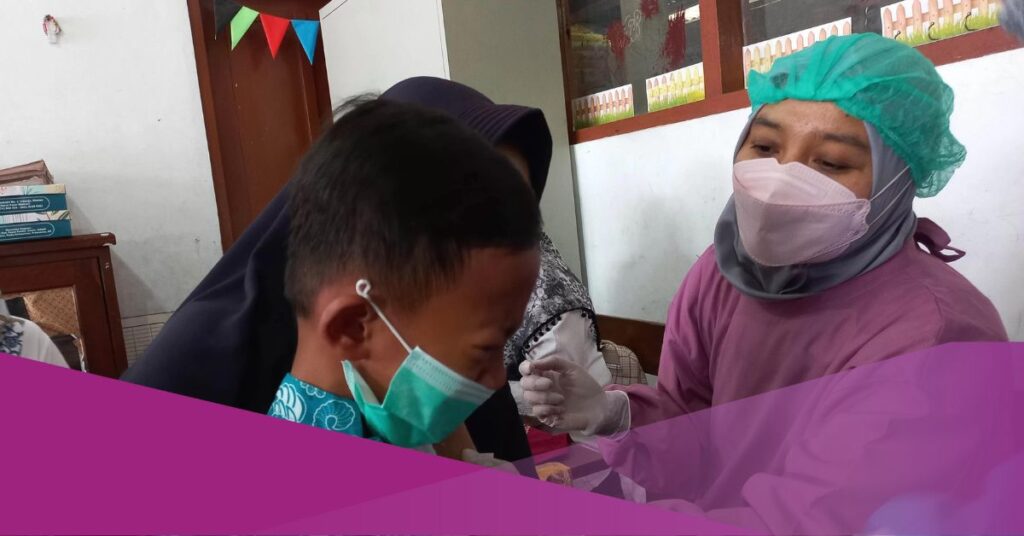Professor Dr. Agus Dwi Susanto, the Head of the Infectious Disease Control Division at the Indonesian Medical Association (PB IDI), has drawn attention to the alarming rise in Acute Respiratory Tract Infections (ISPA) cases in Greater Jakarta. He attributes this surge to the area’s high levels of air pollution.
Agus explained that the current trend indicates short-term consequences resulting from the deteriorating air quality in the region. Speaking after attending a Regional Development Planning Meeting (RDPU) with Committee II of the Regional Representative Council (DPD) at the Senayan Complex in Jakarta on Monday, 11th of September, 2023, Agus stated, “What we are witnessing now is primarily the short-term or acute effects. Several available data sources indicate a significant increase in Acute Respiratory Tract infections cases.”
According to Agus, data from the ISPA Task Force in DKI Jakarta shows approximately 100,000 Acute Respiratory Tract infections (ISPA) cases within the last 12 months.

Furthermore, Agus pointed out that research results indicate a 20 to 30 percent increase in the number of Acute Respiratory Tract Infections cases and lung inflammation or pneumonia cases compared to the previous year. “In hospitals like RSUP Persahabatan, there has also been a rise in outpatient cases of ISPA and pneumonia, increasing by 20 to 30 percent compared to last year,” Agus added.
Air pollution in the Jabodetabek region has long been a concern, primarily due to rapid urbanisation, industrial activities, and the growing number of vehicles on the road. The combination of these factors has led to a decline in air quality, which, in turn, poses a significant threat to public health.
Efforts to mitigate air pollution and its health consequences have become a pressing issue for policymakers and environmental advocates in the Jabodetabek area. As the number of ISPA cases continues to rise, urgent action is needed to address the root causes of air pollution and protect the health of the region’s residents.
Interested in this topic? Check out our other articles from Social Expat:






























